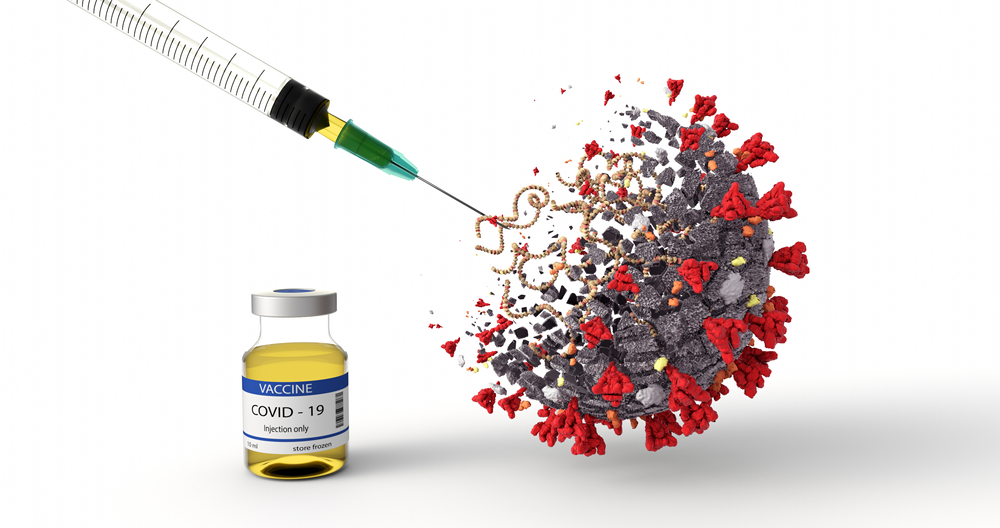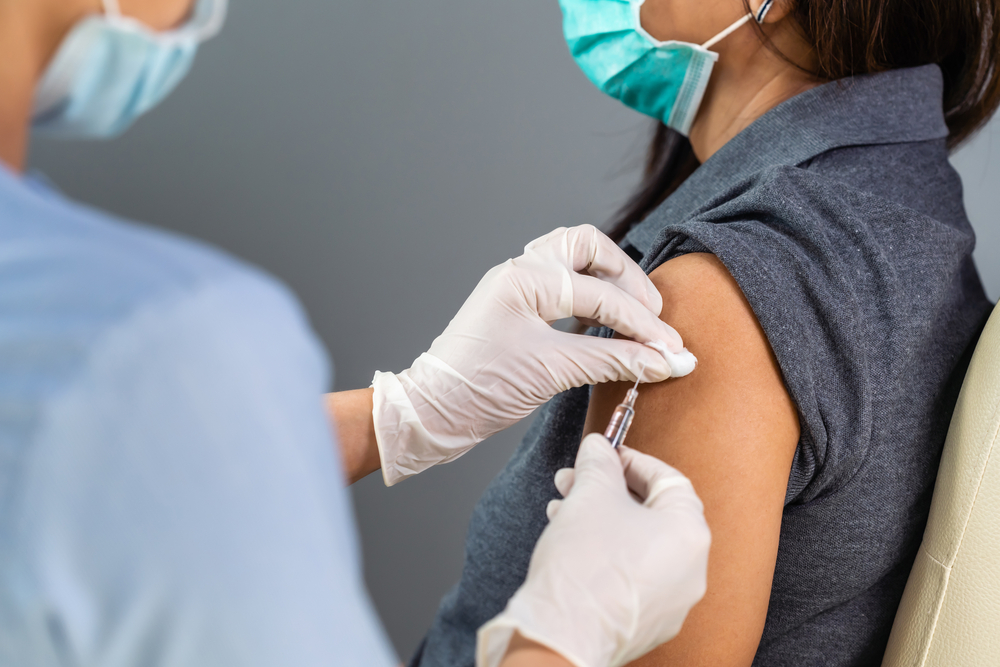What is in vaccines? Everything you need to know!
Find out why vaccinations are so important. The essential components of a vaccine. The consequences of not getting vaccinated.

- Find out why vaccinations are so important.
- The essential components of a vaccine.
- The consequences of not getting vaccinated.
What is in vaccines? Vaccination is extremely important for public health, to prevent serious diseases from spreading. The myths about the dangers of vaccines reduced the number of people getting them and increased the spread of potentially deadly diseases.
Misinformation has encouraged many people to ignore the advice of doctors and specialists. Now with flu season, respiratory diseases have been getting worse and they can be particularly dangerous for children.
Getting vaccinated is of the utmost importance!

According to CNN En Español, staying up to date on your Covid-19 vaccine is extremely important, even for pregnant women, since there are 500 Omicron variants circulating. This is why there is such a push for people to get their boosters.
Find out what is in vaccines so you won’t be afraid to get your shots. It’s vitally important that everyone get vaccinated to prevent diseases. Filed Under: What’s In Vaccines
What’s in vaccines

The components of a vaccine are extremely important for building immunity. One of them is the antigen — this is a dead or weakened form of a pathogen, that is, a virus or a bacterium. This teaches your body to fight a disease in the future.
According to Sanofi, another component is the adjuvants, which help increase the immune response. These increase the effect of the vaccine so it rapidly and continuously fights disease. Filed Under: What’s In Vaccines
These components are of vital importance

Just like preservatives help keep your food fresh and safe to eat, preservatives in vaccines prevent them from developing fungus or bacteria while being stored. On the other hand there are also stabilizers.
What do these do? The stabilizers help vaccines to be transported and stored safely. Many of them are already present from natural form in our bodies. Filed Under: What’s In Vaccines
Vaccination saves lives

UNICEF reported that vaccines save 2 to 3 million lives around the world each year. This helps protect us against viral diseases that could cost millions of lives. Vaccines are administered to infants and children to protect against serious illness.
If you are exposed to a deadly virus, being vaccinated will either prevent you from becoming sick or prevent the disease from attacking you seriously causing lasting harm. Unicef also stressed that vaccines are very safe, in fact, it highlights that children may be at greater risk of having sequelae from viruses than the vaccines that prevent them. Filed Under: What’s In Vaccines
 Related post
Related post





